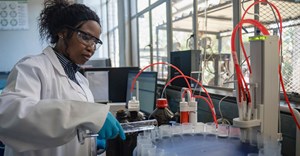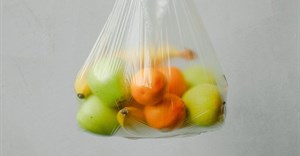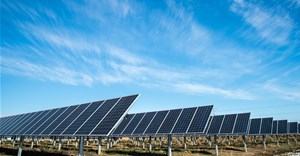
Innovative water saving strategies a necessity

South Africa has been severely affected by an El Niño drought in the latter half of 2015 and the beginning of 2016, which has placed strain on water supplies and agricultural production in the country.
A combination of energy and water efficiency solutions needed
“With weather patterns set to remain increasingly unpredictable, commercial businesses should adopt water efficiency plans. While many have, for example, applied renewable solutions like solar, bought a generator or at least implemented energy efficiencies, both energy and water efficiency solutions need to be combined going forward,” says Karl Götte, head of Standard Bank Commercial Banking.
Götte says only about 20% of companies are likely to have adequate plans in place for managing water shortages.
The World Economic Forum’s Global Risks 2015 report says decision-makers will be forced to make tough choices about allocations of water in the future and even though all of the risks are well known, governments and businesses often remain “woefully underprepared”. Global water requirements are projected to exceed sustainable water supplies by 40% by 2030.
Start with a basic usage plan
Götte says a basic usage plan should be the initial point of departure. Peaks and troughs can then be tracked, and alternative solutions with regards to renewable sources of water can be used to prevent major productivity disruptions.
According to Götte it is possible to reduce demand from municipal water supplies by up to 50% if a plan is implemented properly. “As an example Standard Bank’s Rosebank building conserves water by using water efficient fittings such as dual flush toilets, low-flow shower heads and tap aerators. For external use, high ground water which infiltrates the basement is captured and in combination with rainwater harvested from the roofs is used for irrigating the gardens. Combining energy efficient but water inefficient evaporative cooling systems with air-cooled chiller systems, which are water efficient, also saves a substantial amount of water. There is a lot of room to improve,” he says.
Innovative solutions
Simply reducing levels of wastage can result in significant savings and highly innovative solutions are already being found by companies willing to think strategically. For example, China is the world’s largest potato producer but as their population increases and more production takes place, strain was being placed on the water system of an already arid country. “So innovations were applied across the industry and among other solutions found, the water saved by using drip over centre pivot sprinklers was 40%,” says Götte.
Multinationals like PepsiCo have already seen the danger signs and are taking significant action. As a result, of their manufacturing process being water intensive and one of their raw materials, namely potatoes, comprising of 80% water, they have started capturing and recycling their own water to use in their operations” Götte.
It's time to begin the process of change
The Council for Scientific and Industrial Research in South Africa (CSIR) says temperatures over central tropical Africa have risen by more than twice the global rate over the last five decades. Moreover, further warming of between 4 – 6 ºC and 3 – 5 ºC, over the subtropics and tropics respectively, are projected to occur by the end of this century. December 2015 has been recorded as the driest December in South Africa in 15 years.
The challenges also raise an opportunity for entrepreneurs. “Similarly to the establishment of the solar industry, there is a business case to diversify and create a new industry to provide more water saving solutions,” Götte.
The knock-on effects for businesses will be enormous if solutions are not found. “Businesses can close down if they don’t have water,” says Götte.
He says companies need to work in partnership with sector and commercial specialists to begin the process of change.














